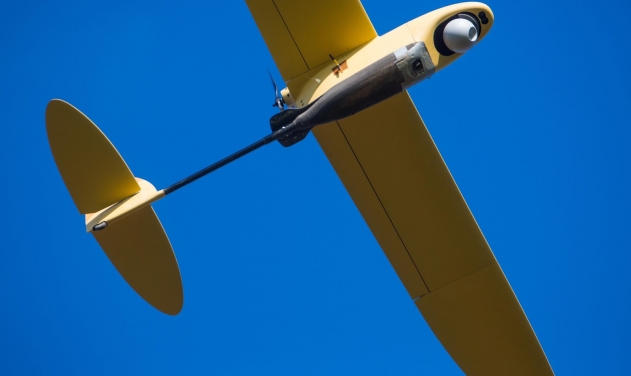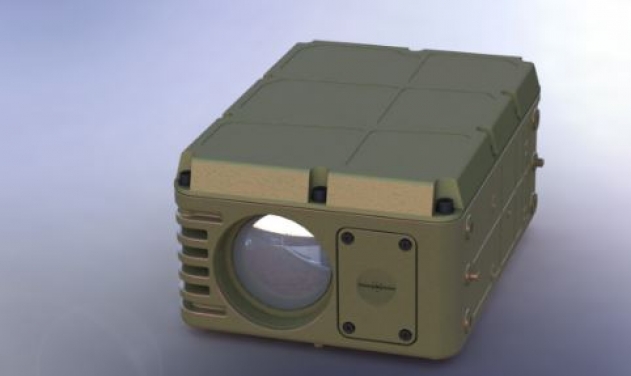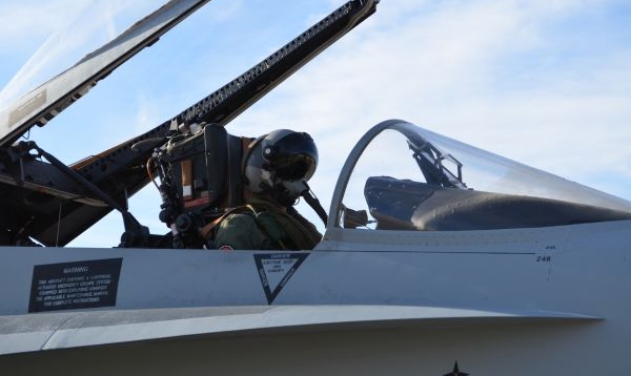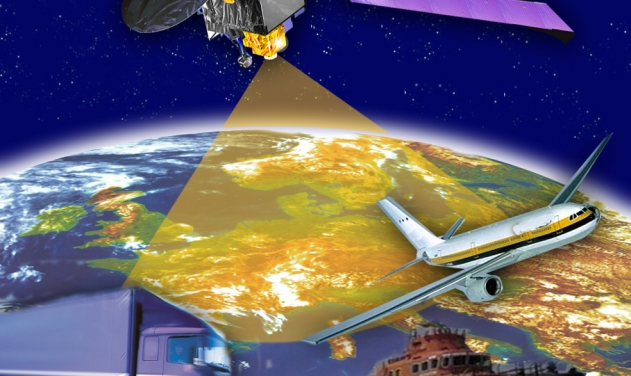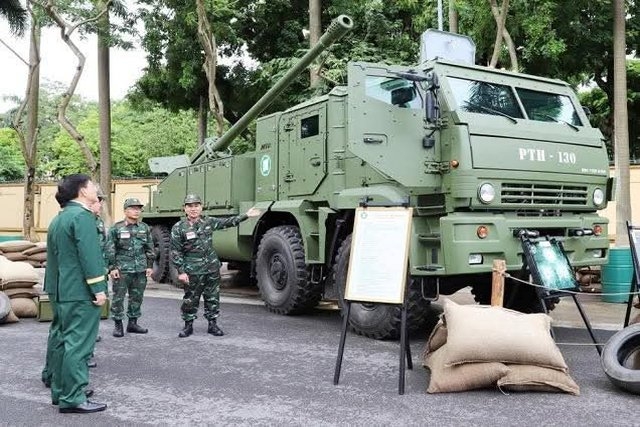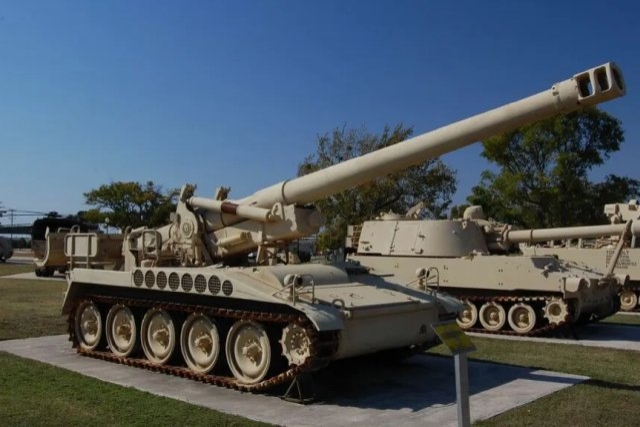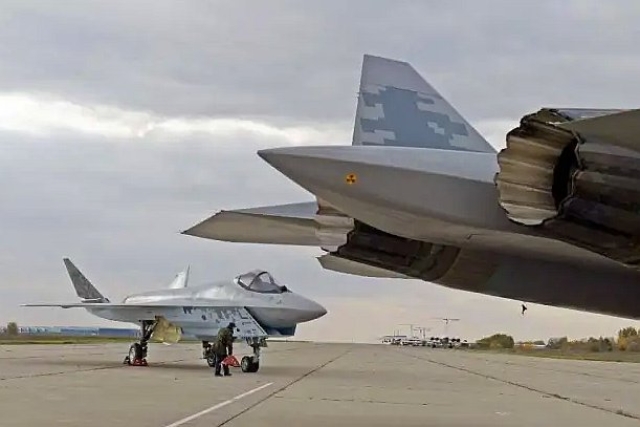Thales Unveils Broadband Tactical Software Defined Radio For Collaborative Combat
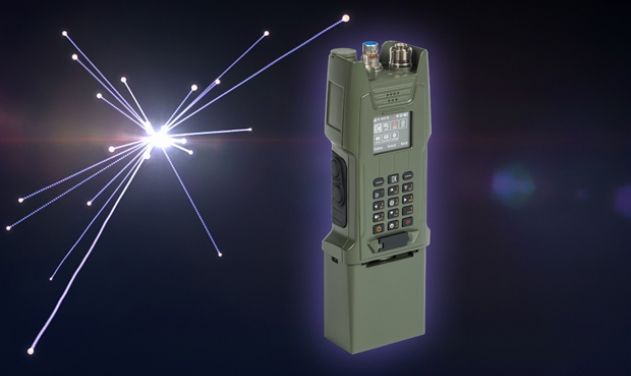
Thales has unveiled a new tactical software-defined radio system SYNAPS, to support battle space digitisation and C4I systems at on-going Eurosatory exhibition in Paris.
SYNAPS is a broadband-based system which aims to improve on the current radios deployed by armed forces, speeding up response times in the field for group communications, and guaranteeing security and connectivity, the company said in a statement Monday.
In addition to hierarchical communications, SYNAPS provides a collaborative combat capability based on real-time horizontal communications between all the units on the ground. Building on the CONTACT system, SYNAPS is designed for the requirements of land, air and naval forces.
Like the network of neurons in the human brain, SYNAPS acts as the nervous system of a military deployment, enabling units to detect threats and share information about the tactical situation in real-time and at high data rates. These dual hierarchical and collaborative capabilities support C4I applications (Command, Control, Computers, Communications and Intelligence), providing commanders with information and significantly raising the tempo of operations.
With most military operations now conducted by coalition forces, SYNAPS is built around SDR / SCA technologies compliant with the latest NATO and international coalition standards, ESSOR (European Secure Software Defined Radio) high-data-rate standard, developed by the armed forces of six European nations (Finland, France, Italy, Poland, Spain and Sweden). ESSOR is also a candidate for the NATO specification and standard. SYNAPS radios are reprogrammable and ready to accommodate new standards in the future.
SYNAPS radio communication systems offer user services including voice, messaging, video, chat and Blue Force Tracking simultaneously and with differentiated quality of service, with the most critical data transfers being accorded priority status. SYNAPS also offers excellent range performance and protection against jamming on the battlefield, while optimising use of the frequency spectrum for the same amount of useful data throughput.
The radio communication systems provide the optimum combination of data rates, security and connectivity and adapt automatically as operational deployments are reconfigured during a mission.
